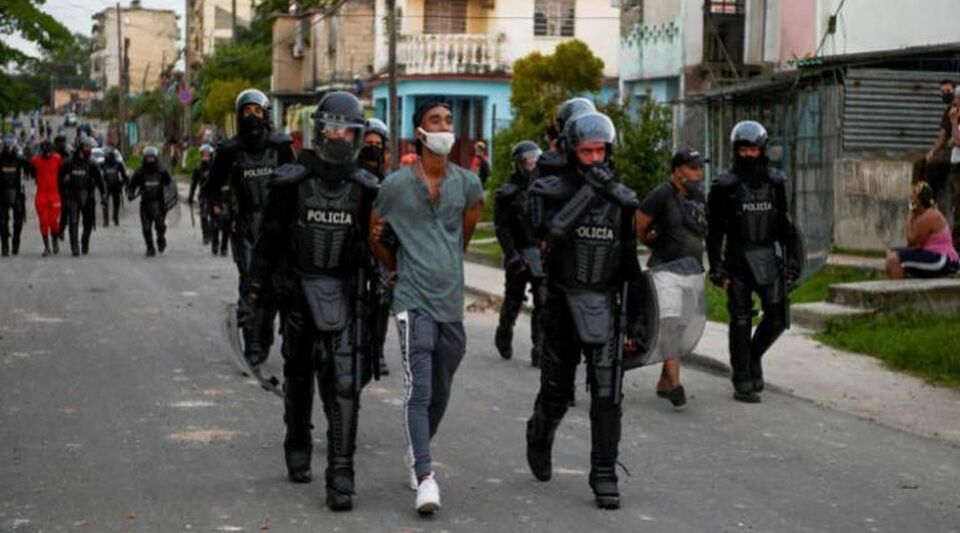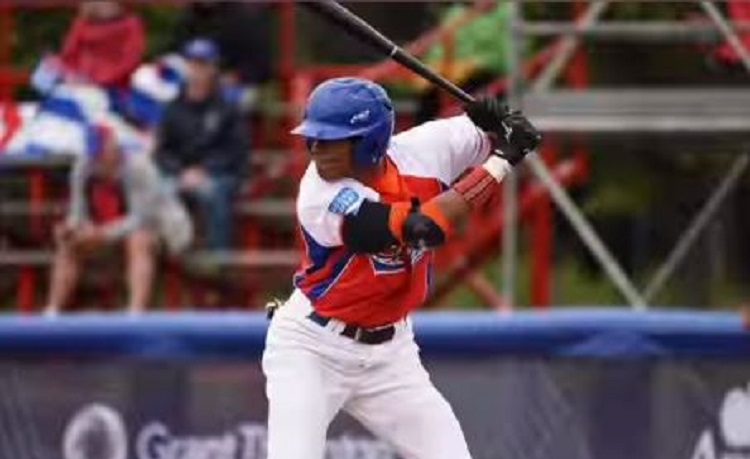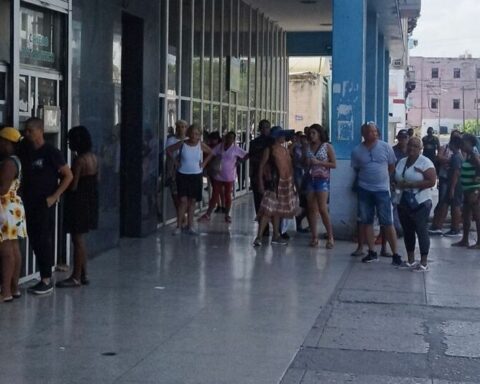The United Nations Committee on the Rights of the Child urges the Cuban State to review the sentences imposed on minors “convicted of exercising their right to freedom of peaceful assembly in the context of the July 2021 protests.” It is one of the conclusions of periodic report carried out by this organization, based in Geneva, and which was issued this Thursday.
In the 14-page document, the UN expresses its concern in various aspects based on the 11J demonstrations, which are mentioned again in the section on rights violations and torture. Although the committee considers that, in general terms, Cuba does not have problems of this type, “it is very concerned about the complaints received about abuse and mistreatment during the arrests of children and adolescents that occurred as a result of the 2021 protests.” For this reason, the report urges not only to investigate them, but also to “identify, prosecute and punish those responsible (…) and offer reparation” to the victims.
Freedom of association and peaceful assembly is also of concern to the UN, which considers that the rights of minor political activists or their children are severely restricted.
Freedom of association and peaceful assembly is also of concern to the UN, which considers that the rights of minor political activists or their children are severely restricted. In addition, focusing again on 11j, it highlights that some, “as young as 13, were violently detained, taken from their homes at night without their families being informed of their whereabouts, held incommunicado and transferred to different facilities to be interrogated for long hours, after participating in the protests. Some of them, he stresses, are still deprived of liberty and the committee is concerned about the “criminal prosecution” of these minors under 18, several of them sentenced to between five and 15 years in prison. deprivation of liberty for peacefully exercising their rights.
For all these reasons, the Government is urged to put an end to the arbitrary restrictions and criminalization of assembly rights, in addition to adopting measures to avoid the excessive use of force and allow minors to associate freely.
The Committee considers positive that the age of criminal responsibility is 16 years and not less, as is the case in some countries, but this does not prevent it from recommending putting an end to preventive detention of minors, reducing their term and establishing a better system of access to justice. Justice, which must adhere to the norm. They also call for the criminal justice system for minors to be streamlined, so that appeals are reviewed and concluded “quickly, in particular those of surveillance and imprisonment” linked to 11J.
Beyond the repression of the protests, which constitute the great novelty of the report for this period, the document dwells on some other issues. One of them is linked to the forced separations of the family due to “international missions”.
The text requests that, in order to eliminate obstacles to family reunification, article 135 of the Criminal Code be modified, which provides for sentences of between three and eight years in prison for “the public official or employee in charge of fulfilling a mission in another country to abandon it or, when this is fulfilled, or required at any time to return, refuses”.
The UN warns that the high and growing rate of iron deficiency, as well as overweight and childhood obesity, attributed to poor diet and excess sugars, is becoming very worrying
In addition, and it is symptomatic, the UN is concerned about the “negative effects” of children whose mothers have been deprived of liberty and urges the Government to seek internment alternatives for pregnant women and mothers of children.
In another order of things, the Committee’s concern for the nutritional problems of Cuban minors stands out. In the midst of a terrible shortage of food products of all kinds, ranging from animal proteins to dairy fats, extending to fruits and vegetables and beginning to affect even the grain, traditionally used to satiate, the UN warns that, despite the positive state policies on children’s health, the high and growing rate of iron deficiency, as well as childhood overweight and obesity, attributed to a poor diet and excess sugar, is becoming very worrying.
In that same section, the maternal and child health programs (Pami) are praised, but it is urged to strengthen the prevention of perinatal deaths and address “promptly the shortage of medical supplies and personnel to care for child patients.”
In the last two years, Cuba has worsened in these indicators, which has been partially influenced by the pandemic, but also by the abandonment of programs due to lack of funding and the flight of doctors that affects the country. In this way, and although the Island maintains good rates in relation to the continent, some provinces have higher infant mortality data than some globally worse countries, such as Mexico or El Salvador. Ciego de Ávila, specifically, is the worst, with a rate of 13.8 infant deaths per thousand births in 2021almost double the average for the Island, with 7.6 per thousand.
________________________
Collaborate with our work:
The team of 14ymedio is committed to doing serious journalism that reflects the reality of deep Cuba. Thank you for joining us on this long road. We invite you to continue supporting us, but this time becoming a member of our journal. Together we can continue transforming journalism in Cuba.








